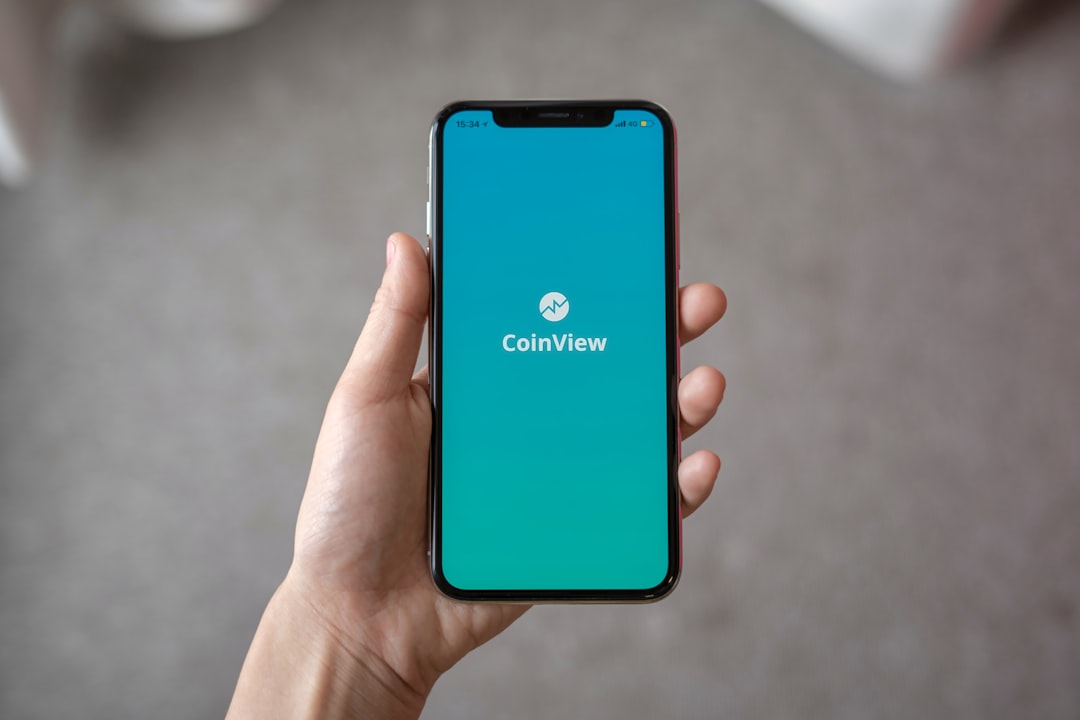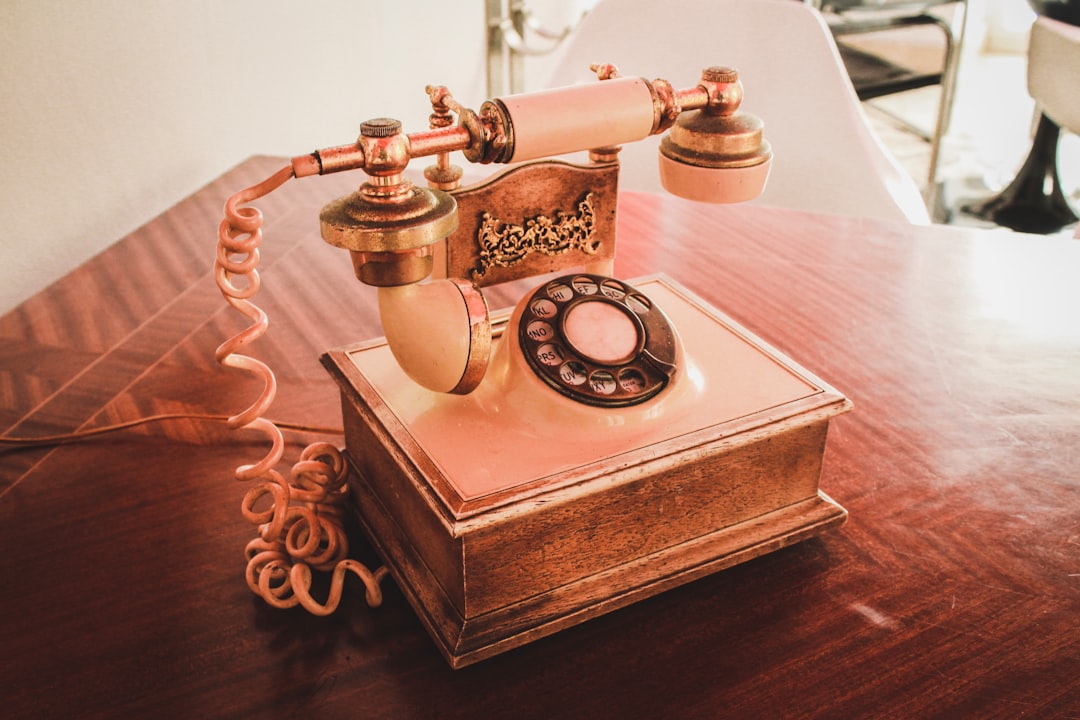In the mid-20th century, aggressive telemarketing in Philadelphia led to consumer frustration, prompting the development of "Do Not Call" laws. These laws emerged from late 1990s consumer complaints and were pioneered by Pennsylvania. A Do Not Call Lawyer in Philadelphia is crucial for navigating these regulations, protecting consumers and businesses from legal disputes, and ensuring compliance with evolving telemarketing guidelines. Over time, these laws have reduced unwanted calls, providing residents control over their communication preferences.
In the ever-evolving landscape of consumer protection, “Do Not Call” laws have emerged as a vital tool to safeguard residents from intrusive telemarketing practices. This article delves into the history of these regulations in Philadelphia, exploring their evolution since early telemarketing tactics first took root. From the birth of the “Do Not Call” movement to legal challenges and ongoing enforcement, discover how Philadelphia’s laws protect citizens, with insights from a Do Not Call Lawyer Philadelphia experts.
Early Telemarketing Practices in Philadelphia

In the early days of telecommunications, telemarketing was a relatively new and largely unregulated practice in Philadelphia, much like the rest of the country. With the proliferation of telephone lines becoming more widespread among the general population during the mid-20th century, businesses started to embrace telemarketing as an effective sales strategy. This period saw a surge in cold calls and unsolicited sales pitches, often targeted at residential households.
The city’s early telemarketing practices were characterized by aggressive sales tactics, with companies making countless calls without regard for consumer preferences or privacy. This led to widespread frustration among Philadelphians who found themselves constantly bombarded with unwanted calls. As the issue gained prominence, concerns about consumer rights and privacy began to surface, setting the stage for what would become known as “Do Not Call” laws in Philadelphia. The demand for a solution prompted both local and state authorities to consider legislation that would protect citizens from relentless telemarketing.
The Birth of Do Not Call Laws

The concept of “Do Not Call” laws originated from the growing need to protect consumers from relentless telemarketing calls. In response to consumer complaints, the first Do Not Call lists were established in the late 1990s, with Pennsylvania being one of the early adopters. This initiative aimed to give individuals control over their phone lines and personal time by allowing them to opt-out of unsolicited sales calls. The success of these initial efforts led to the eventual enactment of comprehensive Do Not Call laws across the United States, including Philadelphia.
A Do Not Call Lawyer in Philadelphia plays a crucial role in navigating this regulatory landscape. They assist individuals and businesses in understanding their rights and responsibilities under these laws, ensuring compliance and providing representation in case of disputes or violations. With the ever-evolving nature of telemarketing practices, staying informed about Do Not Call regulations is essential for both consumers and businesses alike.
Legal Challenges and Amendments

The history of Do Not Call laws in Philadelphia, like many other cities, has been marked by legal challenges and amendments over the years. Initially, these regulations aimed to protect consumers from unwanted telemarketing calls. However, businesses and marketing organizations soon contested these measures, arguing that they restricted legitimate sales and marketing efforts. Several court cases challenged the constitutionality of Do Not Call laws, with some successfully overturning or modifying them.
In response to these legal battles, Philadelphia’s Do Not Call laws have undergone significant adjustments. Amendments were made to balance consumer privacy rights with businesses’ needs, leading to more precise opt-out mechanisms and exceptions for specific types of calls. The involvement of a Do Not Call lawyer in Philadelphia has become increasingly important as these regulations evolve, ensuring compliance and protecting both consumers and legitimate businesses from unintended legal repercussions.
Impact and Enforcement Today

Today, the Do Not Call laws in Philadelphia continue to play a pivotal role in protecting residents from unwanted telemarketing calls and sales pitches. These regulations have significantly reduced the number of intrusive phone calls citizens receive, providing them with much-needed peace of mind and control over their communication preferences.
Enforcement remains robust, with dedicated teams and resources allocated to monitor compliance. Do Not Call Lawyers in Philadelphia are instrumental in this process, ensuring businesses adhere to the strict guidelines. These legal professionals help educate companies about the law’s implications, investigate complaints, and take appropriate action against violators. This ongoing enforcement effort has solidified Philadelphia as a leader in consumer privacy protection, setting a benchmark for other cities across the nation.






